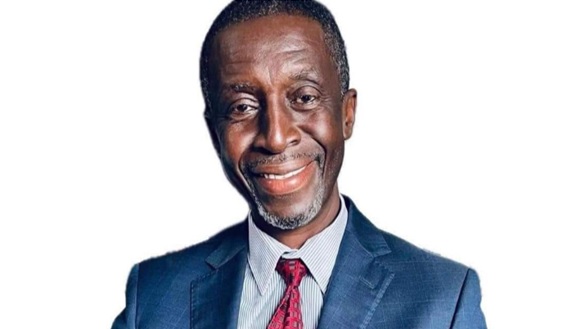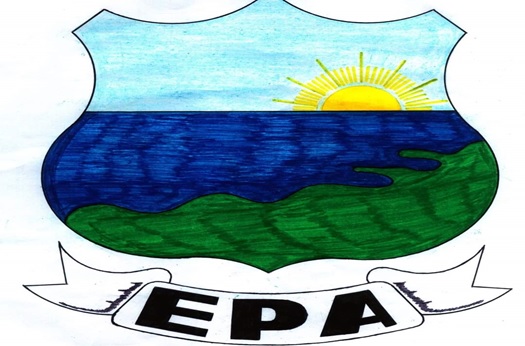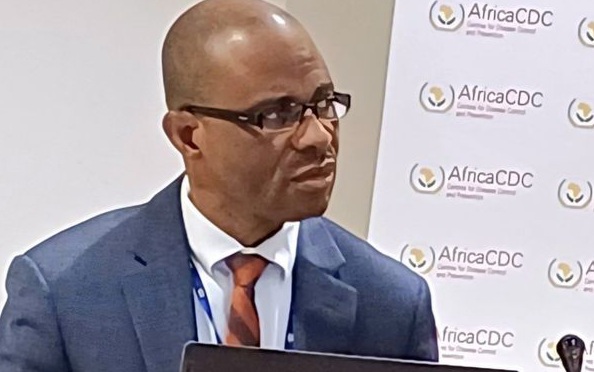MONROVIA, LIBERIA – On Friday, September 6, 2024, Liberia’s prominent human rights advocate, Cllr. Taiwan Saye Gongloe, addressed the media, delivering a stern critique of President Joseph Boakai’s administration. Gongloe, known for his commitment to justice and good governance, praised some accomplishments but expressed deep concern about what he described as “glaring shortcomings” in Boakai’s leadership.
Gongloe began by acknowledging the positive strides of the Boakai administration. These included efforts to implement recommendations of the Truth and Reconciliation Commission, the establishment of the War and Economic Crimes Court, and improvements to major highways, environmental conditions, and government auditing. He also lauded Boakai’s historic decision to increase female representation on the Supreme Court bench.
However, Gongloe quickly shifted focus to what he considered critical failings of the government. The most pressing issue, in his view, was Boakai’s failure to uphold the rule of law. “Governance by adherence to the rule of law is fundamental to the success of any democratically elected government,” Gongloe stated, pointing to illegal dismissals of government employees for mere criticism of the President on social media, a violation of freedom of speech.
In particular, he criticized the Boakai administration for ignoring key provisions of the Executive Law of 1973, specifically Section 10.2, which mandates the inclusion of representatives from all counties in the cabinet. He argued that the government has neglected this law, resulting in a lack of inclusivity and deepening divisions across the nation.
Another major point of concern was the administration’s handling of corruption. Despite initial promises, Gongloe believes the Boakai administration has not shown serious intent to tackle high-level corruption. He called for accountability, emphasizing that government officials involved in corrupt practices must face consequences, a step he says would restore the public’s trust.
Gongloe was equally critical of the Boakai administration’s handling of public protests, which he argued demonstrated a lack of respect for proper policing protocols. He questioned the unnecessary use of the military during a peaceful gathering at the airport to welcome former President George Weah. This incident, he said, set a dangerous precedent.
Gongloe also touched on President Boakai’s failure to engage with former President Weah, calling it a “missed opportunity for national unity.” According to Gongloe, rather than fostering reconciliation, Boakai’s administration has taken steps to humiliate Weah, including denying him access to the Presidential Lounge at the airport. He called such actions “childish” and warned that attempts to make Weah uncomfortable in Liberia could have serious consequences for national peace.
On the domestic front, Gongloe criticized the administration’s failure to take a nationwide tour, something he views as essential for understanding the issues facing the country. He also highlighted ongoing salary disparities, noting that civil servants—especially teachers, healthcare workers, and law enforcement officers—continue to struggle with inadequate pay while government officials enjoy significantly higher wages. Gongloe dismissed Boakai’s recent claim of reducing his salary by 40%, arguing that without transparency about his take-home pay, such gestures are meaningless.
In his wide-ranging critique, Gongloe also touched on the issue of graduation fees, calling for their elimination in public schools, as they impose unnecessary hardship on parents. He expressed disappointment at the administration’s neglect of Liberia’s traditional allies, such as the United States and the United Kingdom, and questioned the wasteful spending on foreign trips with large delegations.
Gongloe ended his address by calling for a thorough investigation into mysterious deaths, such as those of Harry Greaves, Princess Cooper, and several auditors. He urged the government to offer incentives for information leading to the truth behind these deaths, alongside witness protection programs for informants.
In his conclusion, Gongloe reiterated his belief that “a better Liberia is possible,” but only through leadership that takes the rule of law seriously, fights corruption with vigor, and places the interests of the Liberian people above all else. “As one of the political leaders that called on my supporters to back Boakai, I have a moral obligation to speak truthfully about his positive steps and missteps,” Gongloe said. “What was wrong yesterday is wrong today. We must not make excuses for missteps; we must put the interest of Liberia above all else.”
Gongloe’s address, filled with both praise and pointed critique, calls for urgent reforms and offers a clear message to the Boakai administration: The time to correct course is now, or the nation risks further division and stagnation.







